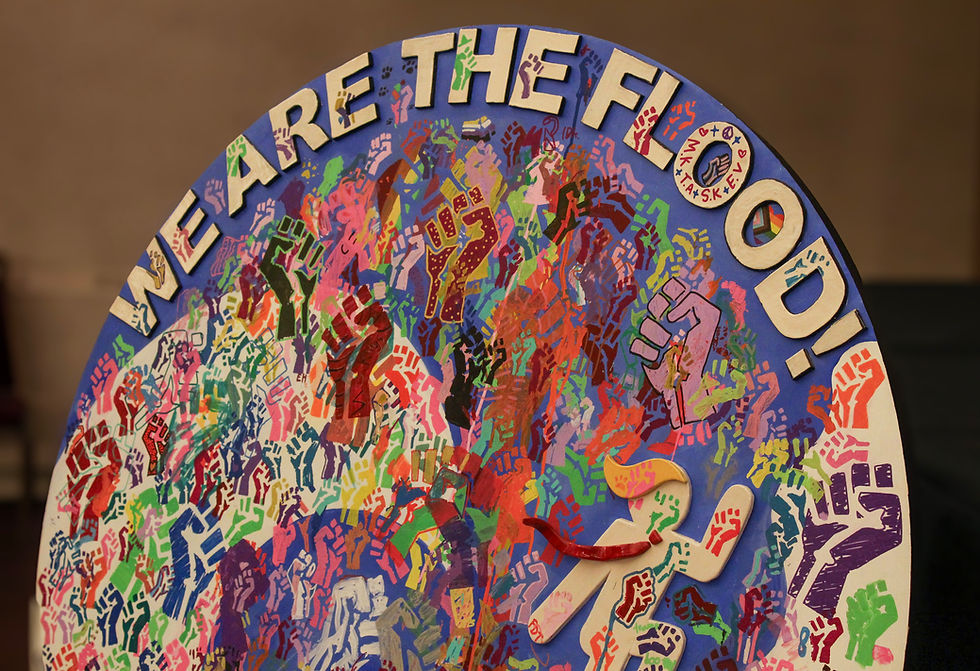Why has ODP raised trip prices?
- William Weeks, Staff Writer
- May 9, 2025
- 2 min read

An Outdoor Program (ODP) hike in 2023 cost around $12-13, but is now priced at $25. Other trip categories have seen price increases as well, and due to rising costs from transportation to food, the ODP is constantly adjusting.
Other potentially unconsidered expenses, such as permits or marketing, are also rising. According to ODP coordinator Kira Grimes (’26), minivan rentals are around $20 more expensive than they were just a few years ago, which has affected other universities as well.
An ODP hike at Whitman costs between $35 and $50. At Lewis & Clark, full-price hikes start at $45, while financial aid may be given to halve that price. Day hikes with the University of Puget Sound remain around $13, but they charge for gear rentals — Willamette’s ODP keeps rentals free.
Trip scholarships are another concern for ODP funding. To receive aid, students fill out a request form, which is sent to the financial aid office. Currently, the cost of that aid is paid for by the ODP. Grimes noted that the revenue the program makes doesn’t cover enough of the total cost of financial aid, an unsustainable system long-term.
“We’ve been looking at the way other outdoor programs do financial aid,” she said. “Some of them have limits to the number of financial aid spots for each trip.” One problem with that system is that it’s impossible to know how many students require aid for each trip. Limits might prohibit some students from participation. On the other hand, without enough funds to offset all aid given out, the ODP would have to raise prices for students who can pay full cost.
There’s a wide range of prices for each university, and with each comes its own funding. For Willamette, funding is significantly reliant on ASWU. Trip prices are set semester to semester based on costs associated with each trip, and ASWU funding assists ODP with requests based on earlier prices.
Price shocks require time to take effect on students. It’s not that prices were inaccurate before, rather, a price increase now is a necessarily delayed reaction to price changes in the economy.
Grimes further noted, “Things are always changing and evolving, so it’s like, ‘How are we moving with the times? How are we moving with the needs and structure of a growing program?’” This also makes future prices difficult to track, as they are merely reacting to necessary costs.
Accessibility is a top priority for the WU ODP. Between tight funding and reactive budgeting, an all-inclusive system is not a simple process. What’s important is the allocation of those resources to build the community they’ve been able to. Grimes said, “It’s a difficult situation, but we’re all grateful for the parties that are involved and helping make sure that students are able to have a positive experience.”




Comments